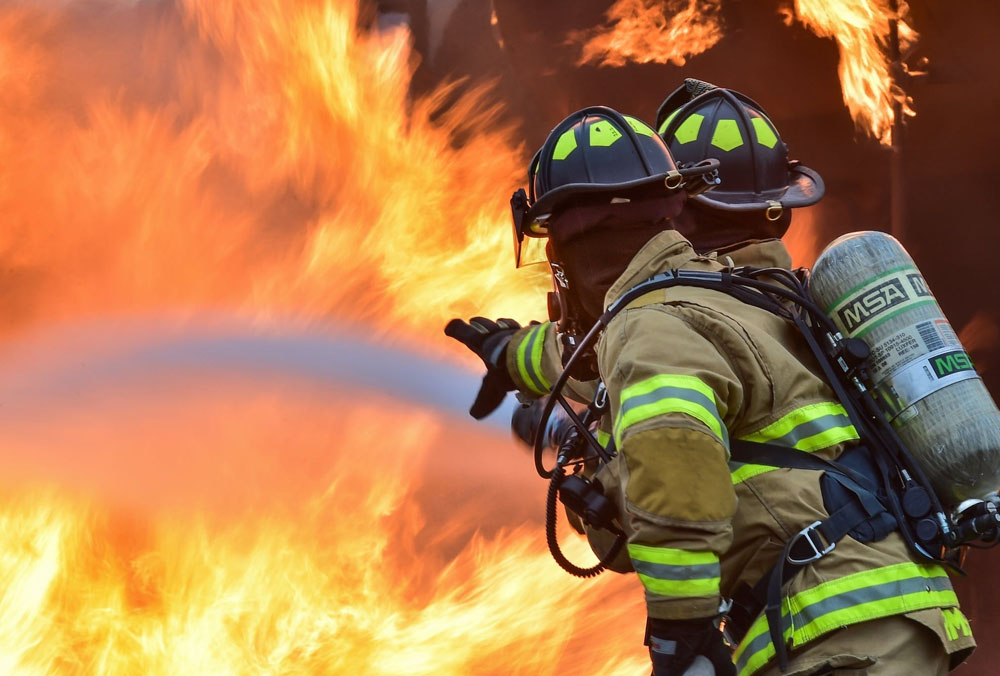Fire Prevention Week is observed each year during October. This prevention week started after the Great Chicago Fire in 1871 cause devestating damage. Educating everyone about fire safety is important and we want to give our members some tips on electrical fire prevention. Below are some tips to protect your family and your home.
- Electrical work should be done only by a qualified electrician. Some communities require that a person doing electrical work have a license.
- Keep lamps, light fixtures, and light bulbs away from anything that can burn, including furniture, bedding, curtains, clothing, and flammable or combustible gases and liquids.
- Use light bulbs that match the recommended wattage on the lamp or fixture.
- If a fuse blows or a circuit breaker trips often, find out why and get the problem corrected before turning the breaker back on or replacing the fuse. Have a qualified electrician inspect and fix it.
- Major appliances (refrigerators, stoves, washers, dryers, microwave ovens, etc.) should be plugged directly into a wall outlet. Never use an extension cord with major appliances.
- Check electrical cords often. Replace cracked, damaged, and loose electrical or extension cords. Do not try to repair them.
- Avoid putting cords under rugs and carpets, across doorways, or where they can be damaged or pinched by furniture.
- Use only surge protectors or power strips that have internal overload protection. Use surge protectors or power strips that are listed by a qualified testing laboratory. Follow the manufacturer’s instructions.
- All wall outlets and switches should be covered with wall plates to prevent shocks.
- Never leave space heaters unattended or leave them on while planning to sleep. Try to keep children and pets away from them too.
Don't forget to test your smoke alarms every month and change the batteries annually or as needed. Smoke alarms should be in every sleeping room, outside each separate sleeping area, and on every level of the home including your basement. Larger homes may require additional smoke alarms to provide a minimum level of protection.
For more safety tips, be sure to checkout NREMC's blog.

